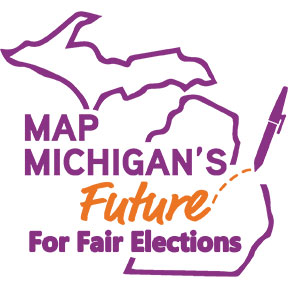
Last month, with WORT FM in Madison, Wisconsin, I helped organize a three-part radio podcast series “Democracy in Crisis,” that asked what’s wrong with elections and explored alternatives such as assemblies and juries. Thanks very much to those who took part. Additional thanks to Chris Forman, Yoram Gat, Adam Cronkright, Keith Sutherland, and Manuel Arriaga for suggestions and introductions.
We aimed to include differing approaches and points of views in each round-table discussion, and largely succeeded, imho. My own view—that in modern mass politics, characterized by polarization and geographical and intellectual self-sorting, minipublics function as exceptional, pluralistic spaces for the formation of citizenship—was nowhere represented; so, that gives me at least one motive for a follow-up program.
Below are links to the episodes, also found in most podcast applications under the program “8 O’clock Buzz,” published on Aug 27, 28, 29.
Democracy In Crisis, Part 1: What’s Wrong With Elections?
Across the globe, electoral fraud, corruption, disenfranchisement of minorities and the specter of fascism now seem the rule rather than the exception. In 2017, the London-based Economist Democracy Index hit its lowest score ever, including the downgrading of the United States from a “Full Democracy” to a “Flawed Democracy.” Today, we start a three-part series, Democracy in Crisis, which will explore the failures of our current electoral system and perhaps, provide some hope for an alternative model.
Continue reading
Filed under: Elections, Initiatives, Juries, Participation, Sortition, Theory | Tagged: citizens' assemblies, Citizens’ Initiative, minipublics, podcast | 18 Comments »



 Part
Part 
 The concept of the “benevolent dictator” occasionally plays a role in political discussion of democracy. The general thrust of the “benevolent dictator” argument is that democracy cannot be defined in terms of its outcomes because “a benevolent dictatorship” can produce any given outcomes, while still, by assumption, being anti-democratic.
The concept of the “benevolent dictator” occasionally plays a role in political discussion of democracy. The general thrust of the “benevolent dictator” argument is that democracy cannot be defined in terms of its outcomes because “a benevolent dictatorship” can produce any given outcomes, while still, by assumption, being anti-democratic.

